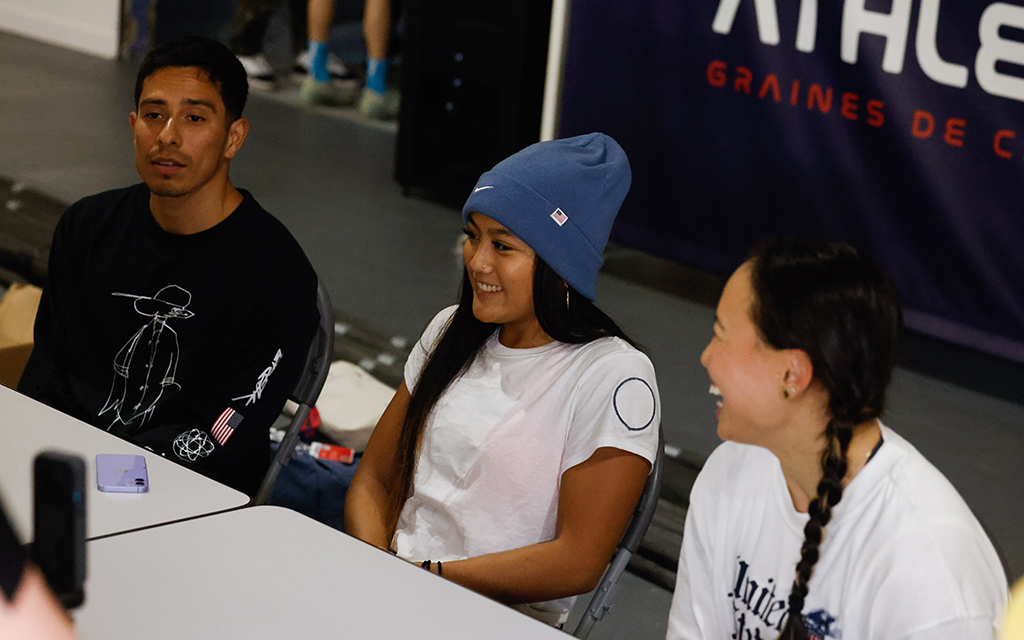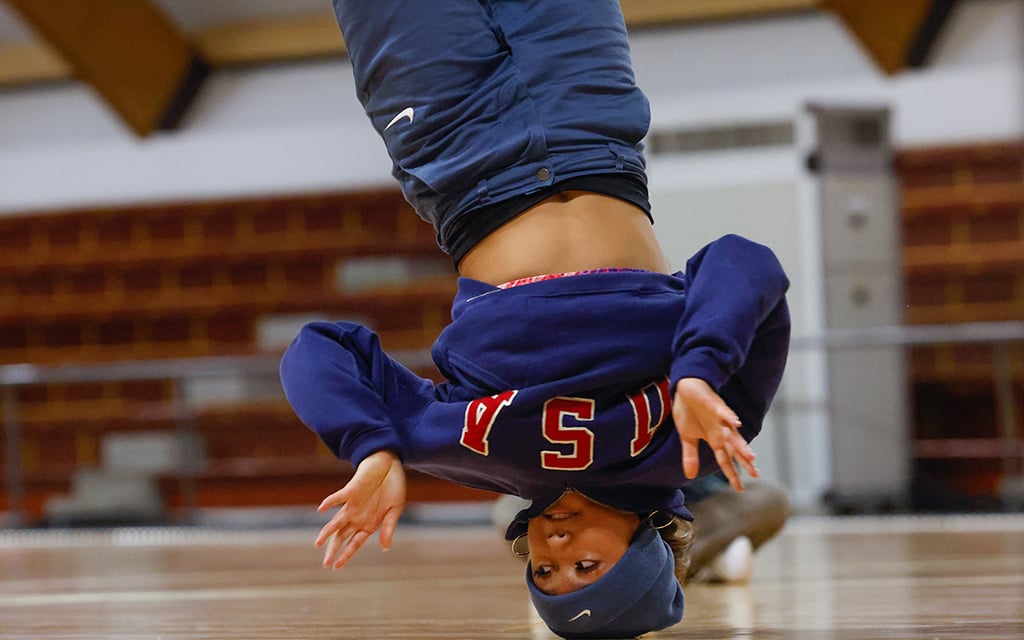PARIS – Snoop Dogg isn’t the only one looking forward to breaking’s debut at the Olympics this year. Unfortunately for the darling of the Paris Games, he won’t get to see the sport in 2028 when the Summer Games land in Los Angeles, his home city.
The inclusion of sports such as breaking are part of a flexible process to align with the goals of each host city’s organizing committee, which “proposes events that it feels are fit their vision for their specific edition of the Games,” an IOC spokesman said in an email.
Instead, Los Angeles selected cricket, flag football, lacrosse, squash and baseball/softball. In addition to breaking, karate, motorsport and kickboxing were rejected.
Competition for 16 “B-girls” is scheduled for Friday, while “B-boys” will battle Saturday.
Despite the disappointment from fans about the 2028 Games, the breaking community appears unfazed.
“I’m just focused on the Paris 2024 Olympics,” said Team USA’’s Victor Montalvo, or B-boy Victor. “For us, it was shocking that we were even in the Olympics because we never expected it at all. So, we’re just appreciative.”
For Montalvo, the highest ranked U.S. male breaker in the world and the first person to qualify for Team USA breaking in the Olympics, the announcement that the sport would debut in Paris couldn’t have come at a better time. Although winning any type of medal would be a success in Montalvo’s eyes, his ultimate goal remains bringing breaking to a larger audience and inspiring new generations.
“So, I just want to make sure that everyone understands what this dance is about and what hip hop is about,” he said. “Because it’s all about peace, unity and having fun.”
Set at Place de la Concorde, this year’s breaking competition should be memorable. With street dancing’s popularity in France, and the sport’s debut at the 2018 Summer Youth Olympic Games in Argentina attracting over one million viewers, it’s no surprise that breaking has been added to this year’s Games.
Edson Magana – also known as B-boy House – an accomplished breaker and assistant clinical professor at Arizona State’s School of Music, Dance and Theatre, insists the Olympics’ knowledge of breaking, isn’t entirely new. Instead, he sees this year’s Olympic debut as a strategy to revive engagement with viewers and attract new generations, making breaking’s inclusion both exciting and controversial.
Although breaking’s Olympic debut offers a great opportunity for the athletes, its exclusion from the Los Angeles Games is concerning, Magana said, considering breaking originated in the United States.
“I think the Olympics needs us more than we need them,” Magana said.

From left to right, Victor “B-boy Victor” Montalvo, Logan “Logistix” Edra and Sunny Choi field questions about the history and growth of breaking. (Photo by Sydney Lovan/Special for Cronkite News)
From Red Bull sponsorships to Samsung marketing campaigns, breaking has found global success, with championships held around the world. Yet Magana worries the Olympics might impact the very essence of breaking.
With a culture that was built on offering a voice to the voiceless, being accessible to everyone and prioritizing inclusion, some in the breaking community worry the Olympics might impact its message, though others remain hopeful about its positive impact.
Jeffrey Louis, or B-boy Jeffro, a member of Team USA’s breaking team, understands the community’s concern but remains optimistic.
“I know there’s a lot of skepticism about will breaking take away from the culture, being in the Olympics, will it take away from the core, the essence of breaking,” he said. “But if we have the right representatives, it’s not going to take away, it’s only going to push it in the best light possible.”
Tyquan Hodac, the executive director of Breaking for Gold USA, believes Team USA has the right representatives.
“These four (competitors), I call them the chosen ones,” he said. “They’re really the ones to represent us on this platform. As you all know, the story of hip hop is basically a story of hope and these four are really representing that type of hope for the youth, for the culture, they’re the voice of the voiceless.”
While Team USA breaking is optimistic about the culture being preserved, viewers familiar with breaking competitions should anticipate a few changes at the Olympics.
Unlike typical indoor events, the breaking competitions will take place outdoors. The judging panel will consist of nine judges all adhering to a scoring system based on originality, technicality, vocabulary, execution and musicality.

